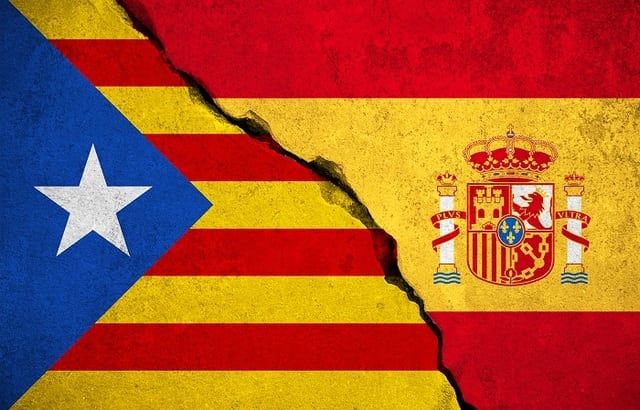One thing that could aggravate tensions and elevate the Catalan question to the European level, something the Catalan nationalists have been trying to do for months, is Catalan president Carles Puigdemont’s apparent intention to apply for political asylum in Belgium, following a statement by the country’s immigration minister that he is welcome to do so.
Campello is also cautiously positive. Two weeks ago, Abante removed a hedge, which effectively reduced exposure to Spanish equities by half. “We had had this hedge in place since the end of Q2 as we believed risks in Spanish stocks started to outweigh opportunities. But now it’s again a good moment to increase exposure, though I wouldn’t invest simply in the Ibex 35. It’s a tricky index.”
Midcaps, which have also suffered from the political turmoil in the country, are a better option. “There is a lot of value in Spanish companies. The real economy is improving, and Spain is definitely not in an economic crisis anymore. Midcaps, such as construction companies, are a good place to profit from that.”

But those in the eye of the storm are not all quite as sanguine. About half of Catalan investors polled by Expert Investor believe equity markets are complacent about the political risk stemming from the situation in Catalonia, and three in 10 investors have reduced their allocation to (Spanish) equities since the contested independence referendum on 1 October.
And the risks that would stem from Catalonian independence are real, of course.
“Let’s be clear, if Catalonia were to break away from Spain it would introduce huge uncertainties into the liability structure of the Spanish state, not to mention be very disruptive to economic growth and this would ordinarily mean a much higher risk premium,” said Chris Iggo, chief investment officer at Axa IM. “If the ECB wasn’t buying or had announced a more rapid winding down of its QE programme, I suspect that Spanish spreads would be much higher today than they are.”











